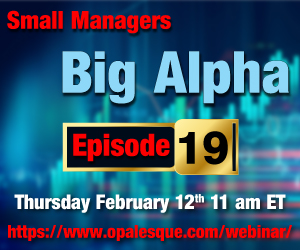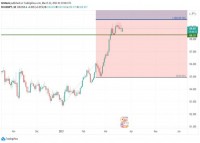|
Opalesque Industry Update - According to a new report about the private equity (PE) industry, the majority of PE firms are not doing enough to take systematic risks seriously in both their business operations and investment portfolios. The report, "Private Inequity: How the Private Equity Industry Needs to Improve When Addressing Systemic and Systematic Risks," analyzed how PE firms responded to the ongoing triple crises of climate change, the COVID-19 pandemic and racial injustice.
A research team analyzed 100 of the largest PE firms according to eight different categories or response types for a total of 2,400 potential responses (or 800 responses per crisis) that PE firms could have made between June 2019 and July 2020. Out of this total, researchers found publicly available evidence for only 264 responses (11.0%), suggesting a significant and urgent need for improvement. More than a third (38%) of reviewed PE firms took no public action of any kind in response to the crises. The eight categories that were evaluated included two types of non-systemic responses (i.e., those unlikely to lead to systemic change and systematic risk management) and six types of systemic responses (i.e., those which would meaningfully contribute to systemic change and systematic risk management). Non-systemic responses included:
Systemic responses included:
The most common responses, as a percentage of the potential response total (with 100% representing a perfect response rate), included: public statements (84/300, or 28.0%), donations (45/300, or 15.0%), internal changes (73/900, or 8.1%), and external changes (62/900, or 6.9%). However, the frequency and types of responses varied greatly across the three crises. The COVID-19 pandemic elicited by far the most responses overall (114/800, or 14.3%), significantly outpacing both climate change (74/800, or 9.3%) and racial injustice (76/800, or 9.5%). COVID-19 is also unique in that it only surfaced as a crisis in late 1Q 2020, while both climate change and racial injustice have been recurring themes that seem to slip in and out of the public consciousness. "Public statements and donations won't do anything to move the needle on these issues," said Dmitriy Ioselevich, CEO & Founder of 17 Communications and the lead author for the report. "To address the root causes of these crises, private equity firms need to move away from the 'thoughts and prayers' communications playbook and instead take tangible steps to manage and mitigate systemic risks. We need to see immediate change at both the firm-level and the investment-level to prevent these crises from snowballing out of control." "While we recognize the private equity industry is responding to calls for stronger ESG integration, and many have taken steps in a positive direction, systemic crises demand timely action and less of a piecemeal approach," said Delilah Rothenberg, Executive Director of the Predistribution Initiative and a contributing author for the report. "Despite limited action to date, private equity firms are well-positioned to drive positive change given their ability to influence portfolio company governance, priorities, and even capital structures. To step up to the plate and demonstrate leadership, private equity investors need to conduct holistic assessments of their internal and external business practices to identify exposure and contributions to such risks, develop action plans with clear targets and timelines to close gaps, and communicate publicly about their ongoing progress." The report also includes recommendations on specific actions that PE firms could take to address systemic and systematic risks, including:
|
Industry Updates
PE firms criticized for not responding to triple crises of climate change, COVID-19, and racial injustice
Tuesday, November 17, 2020
|
|





 RSS
RSS










